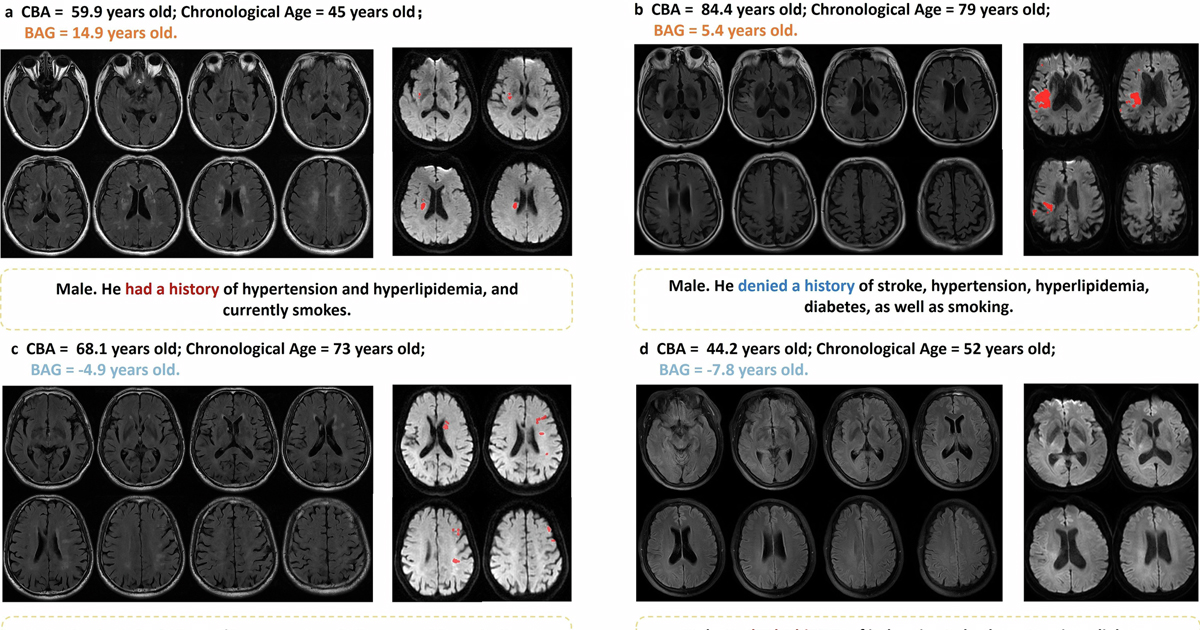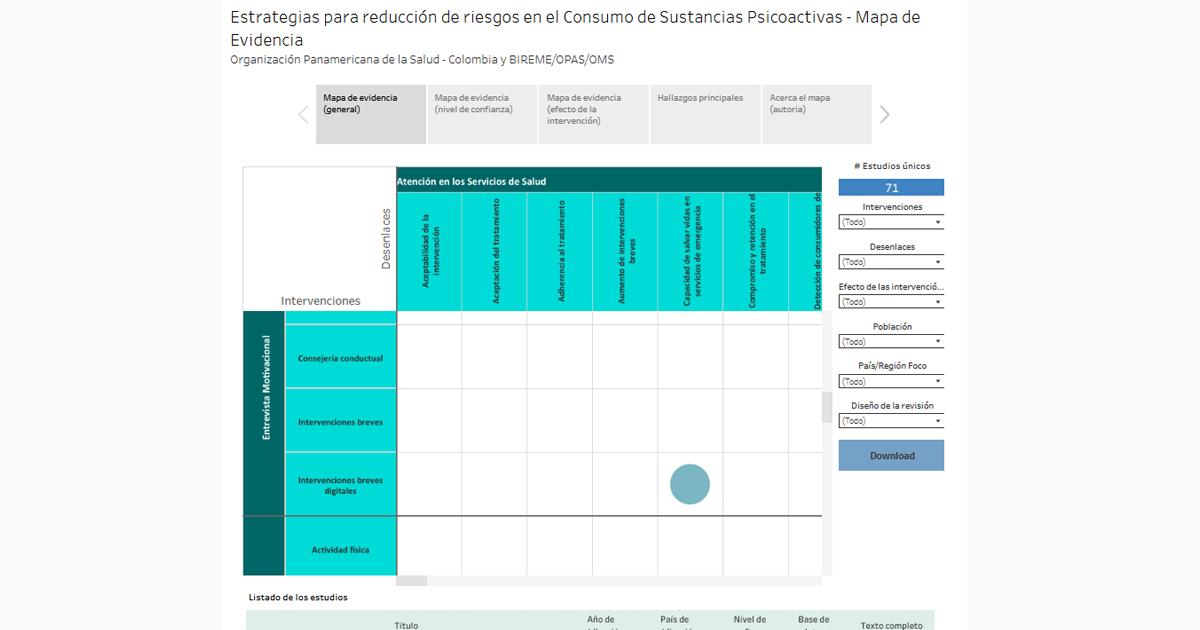Investigadores de la Facultad de Medicina de la Universidad Johns Hopkins implementaron un sistema de aprendizaje automático para optimizar las decisiones de admisión hospitalaria por COVID-19.
La gran demanda de atención médica durante la pandemia, afectó a los departamentos de emergencia en Estados Unidos, que continuaron su labor de distinguir pacientes que necesitan atención hospitalaria y aquellos que pueden recibir el alta médica de manera segura. De esta forma tuvieron que incorporar nuevas variables para identificar pacientes con COVID-19. Para ello investigadores de Johns Hopkins presentaron un study, donde muestran el desarrollo, implementación y evaluación de un sistema integrado de soporte de decisiones clínica por medio de registros de salud electrónicos (EHR, en inglés).
Este sistema utiliza los datos de EHR and machine learning, para estimar el riesgo a corto plazo del deterioro clínico en pacientes con casos de COVID-19 confirmados o sospechosos. De esta forma el sistema puede determinar el riesgo y necesidad de atención crítica en las 24 horas posteriores, así como las necesidades de atención especificas en pacientes hospitalizados dentro de 72 horas.
“El rendimiento del modelo y numerosos resultados orientados al paciente, incluida la mortalidad hospitalaria, se midieron a lo largo de los períodos de estudio. La incidencia de necesidades de atención crítica dentro de las 24 h y las necesidades de atención hospitalaria dentro de las 72 h fueron del 10,7 % y el 22,5 %, respectivamente, y fueron similares en todos los períodos de estudio”, explica el estudio.

Por su parte el modelo de machine learning tuvo un rendimiento destacable en todas las condiciones ya que obtuvo un rango de AUC de 0,85 a 0,91 en la predicción de necesidades de atención crítica y de 0,80 a 0,90 para necesidades de atención hospitalaria.
Sin embargo, la mortalidad total se mantuvo sin cambios durante el periodo de estudio, pero logró una reducción entre pacientes de alto riesgo luego de implementar el modelo de soporte de decisiones clínicas.
Los modelos fueron entrenados con 39 variables de predicción distintas, como a la dificultad para respirar, niveles de lactato, antecedentes de enfermedad renal, hipotensión, entre otras.
“Nuestros modelos también brindan información que puede informar la práctica clínica y la interpretación de modelos similares en el futuro. La diabetes, la enfermedad pulmonar crónica, la enfermedad cardiovascular y la hipertensión se han identificado como factores de riesgo importantes de enfermedad grave y mortalidad por COVID-19, aunque estas comorbilidades no se encontraban entre los predictores más importantes para ninguno de nuestros modelos”, explica el estudio.
En estas variables y otras variables demográficas, edad y sexo, tuvieron poco peso en los modelos. No obstante, a pesar de parecer contradictorio, en entornos de atención aguda las variables y manifestaciones fisiológicas de la enfermedad fueron más importantes en la trayectoria clínica que factores de riesgo epidemiológicos.
Conoce más sobre este estudio y sus resultados en el siguiente enlace:







